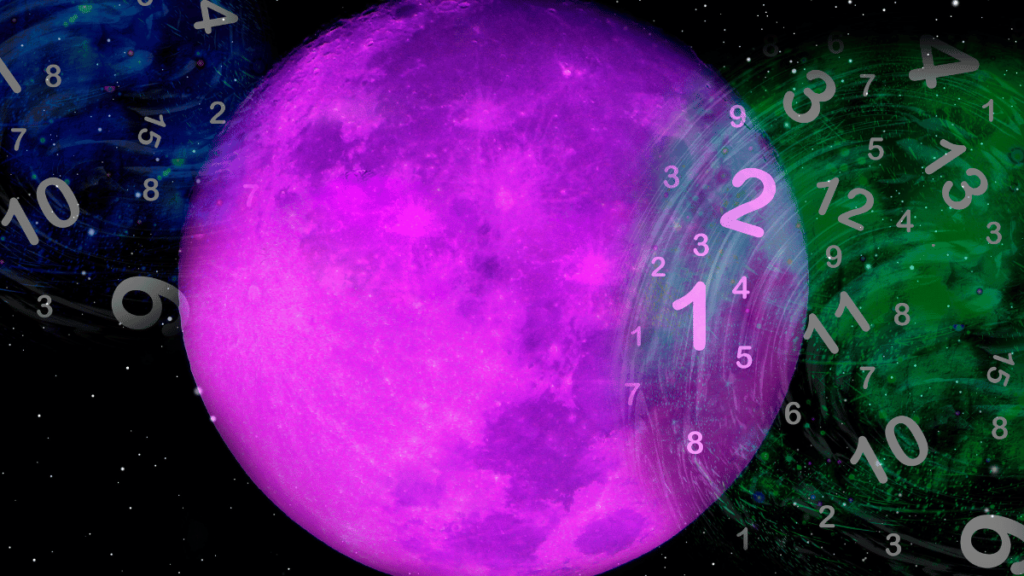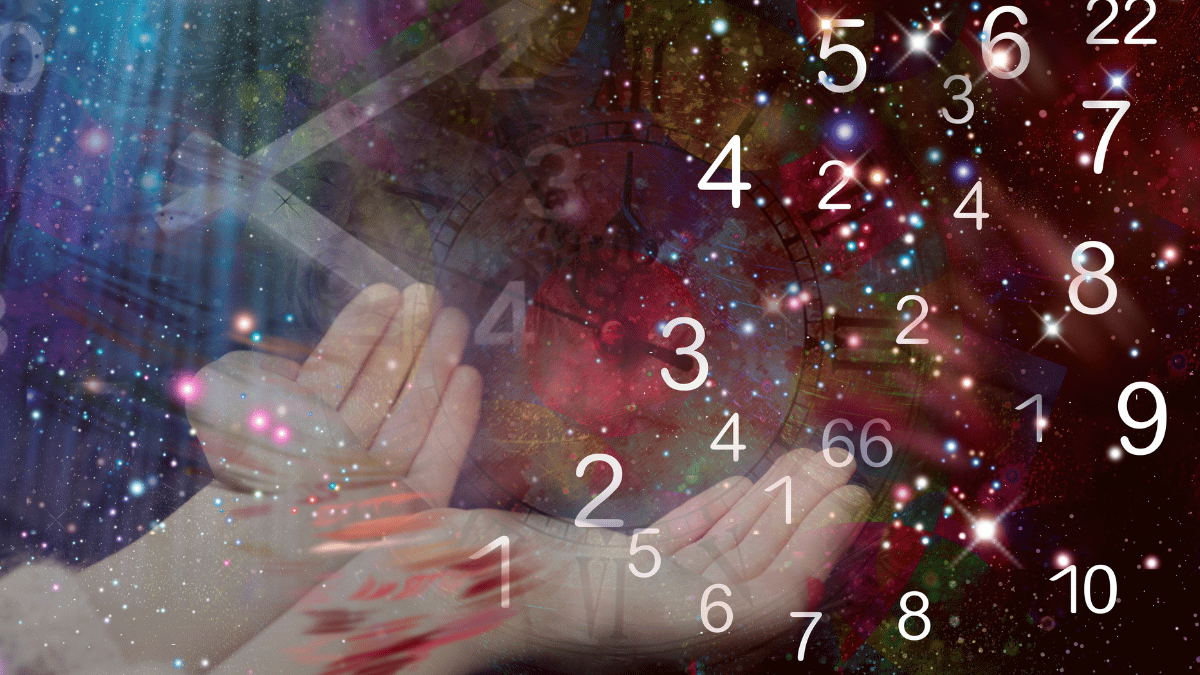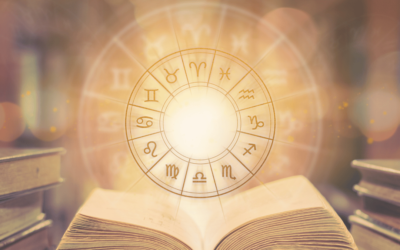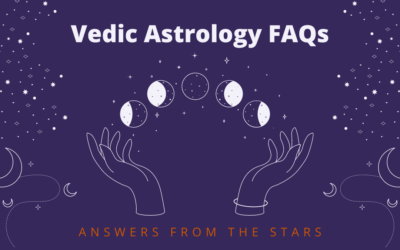Vedic Numerology: Unlocking the Secrets of Numbers
Step into the enchanting world of Vedic Numerology, where ancient wisdom meets the mystical realm of numbers. In this captivating journey, we’ll unravel the secrets hidden within the numerical codes of your birthdate, offering profound insights into your personality, destiny, and life’s purpose. Join us as we delve deep into the fascinating realm of Vedic Numerology and discover the transformative power of numbers in shaping your life’s journey.
Table of Contents
Introduction
Numerology, a divination practice that has intrigued humans for centuries, offers a unique lens through which we can learn more about ourselves and the world around us. The term “numerology” derives from the Latin word “numerus,” meaning “number,” and the Greek word “logos,” meaning “study” or “word.” Thus, numerology is the study or analysis of numbers. It encompasses the belief that numbers hold symbolic significance and can be used to interpret various aspects of life, including personality traits, relationships, and future events. By assigning mystical significance to numbers, numerology unveils the hidden patterns and energies that shape our lives, guiding us towards self-discovery and personal growth.
What is Numerology?
Numerology is the ancient practice of exploring numbers’ symbolic meanings and vibrations. Numerologists assert that every number has a distinct energy and symbolism, influencing various aspects of our lives, including personality traits, relationships, and life events. By decoding the numerical patterns in our names and birthdates, numerology seeks to uncover the underlying truths about our inner selves and life paths. Today, numerology is widely practised and studied as a form of divination and self-discovery, offering insights into the hidden meanings behind numbers and their influence on human experiences.
History and Origins of Numerology
The origins of numerology can be traced back to ancient civilizations such as Babylon, Egypt, Greece and India, where numbers were revered for their mystical significance. The Greek mathematician and philosopher Pythagoras is often credited for formalizing the concepts of numerology into an organized field of study. Over the centuries, numerology has evolved and diversified, with different cultures developing unique approaches to interpreting the meanings of numbers.
Types of Numerology Prevalent in the World
Several numerology systems are practised worldwide, each with its methodologies and interpretations. Two of the most well-known systems are Pythagorean numerology, which gives the letters of the alphabet a numerical value and analyzes the resulting numbers for insights into personality and destiny, and Chaldean numerology, which originated in ancient Mesopotamia and places greater emphasis on the vibrations associated with individual numbers. However, below is a list of the types of Numerology prevalent worldwide with their brief history and introduction.
Kabbalah Numerology

Kabbalah Numerology, also known as Jewish or Hebrew Numerology, is a mystical system that explores the spiritual significance of numbers within the framework of Jewish mysticism, or Kabbalah. Rooted in ancient Jewish tradition, Kabbalah Numerology offers a profound understanding of the universe’s spiritual nature and the interconnectedness of all things.
Kabbalah Numerology traces its origins to the esoteric teachings of Jewish mystics, particularly within the mystical texts of the Kabbalah. The Kabbalah, meaning “receiving” or “tradition,” is a complex system of mystical interpretation of the Torah, the sacred text of Judaism. It delves into the hidden meanings of the Torah’s letters, words, and numbers, aiming to unveil the divine secrets of creation and existence.
The foundation of Kabbalah Numerology lies in the belief that the universe is built upon divine order and harmony, expressed through numerical patterns and correspondences. According to Kabbalistic teachings, each number possesses unique vibrational energy and symbolic significance, influencing both the material and spiritual realms.
Abjad System – Arabic Numerology

The Abjad system, also known as Arabic numerology, is a mystical and esoteric system that assigns numerical values to letters in the Arabic alphabet. Rooted in ancient Arabic tradition, the Abjad system has been used for divination, interpretation, and spiritual exploration for centuries.
The Abjad system originates in the Arabic language and script, which dates back to the 6th century CE. “Abjad” refers to the first four letters of the Arabic alphabet: Alif, Ba, Jim, and Dal. These letters also represent the numbers 1, 2, 3, and 4, forming the foundation of the numerical system.
At its core, the Abjad system assigns numerical values to letters based on their position in the Arabic alphabet. Each letter is associated with a specific numerical value, allowing for the numerical representation of words, phrases, and texts.
Chinese Numerology

Chinese numerology, also known as Chinese number symbolism, is a traditional practice that assigns symbolic meanings to numbers based on their pronunciation, appearance, and cultural significance within Chinese culture. For thousands of years, Chinese numerology has been used for divination, fortune-telling, and personal guidance.
Chinese numerology can be traced back to ancient China, where numbers were believed to possess inherent qualities and cosmic energies that influenced human life and destiny. Chinese numerology is deeply intertwined with Chinese philosophy, cosmology, and cultural beliefs, reflecting the universe’s and humanity’s interconnectedness.
Chinese numerology operates on the principle that numbers carry symbolic significance and influence various aspects of life, including personal characteristics, relationships, and fortunes. The interpretation of numbers in Chinese numerology is multifaceted, drawing upon linguistic, cultural, and philosophical associations.
Chaldean Numerology

Chaldean numerology is an ancient system that originated in the ancient Mesopotamian civilization of Chaldea, which is now part of modern-day Iraq. It is one of the oldest known forms of numerology, with roots dating back over 4,000 years. Chaldean numerology is based on the belief that numbers have inherent vibrational energies and symbolic meanings that can offer insights into various aspects of life.
The history of Chaldean numerology can be traced back to the ancient Chaldean civilization, which flourished in the region known as Mesopotamia, between the Tigris and Euphrates rivers, around the 9th century BCE. The Chaldeans were skilled astronomers and mathematicians who developed sophisticated systems for observing and interpreting celestial phenomena, including the movements of planets and stars.
Chaldean numerology operates on the principle that numbers have inherent vibrational energies and symbolic meanings that can influence human life and destiny. The Chaldeans believed that each number has unique qualities and characteristics, which can be used to gain insights into individual personalities, relationships, and future events.
Pythagorean Numerology

Pythagorean Numerology is a system of numerology based on the teachings of the ancient Greek philosopher and mathematician Pythagoras. It is one of the most well-known and widely practised forms of numerology, dating back over 2,500 years. Pythagorean numerology believes that numbers have inherent vibrational energies and symbolic meanings that can provide insights into various aspects of life.
Pythagorean numerology is named after Pythagoras, who lived in ancient Greece during the 6th century BCE. Pythagoras is best known for his contributions to mathematics, particularly his theorem relating to the lengths of the sides of a right-angled triangle (a^2 + b^2 = c^2). However, Pythagoras was also a philosopher and mystic who believed in the spiritual significance of numbers.
The foundation of Pythagorean numerology lies in the “divine triangle,” which Pythagoras believed symbolized the unity of the cosmos. According to Pythagorean teachings, numbers are the building blocks of reality, and each number possesses its unique qualities, characteristics, and vibrational energies.
What is Vedic Numerology?

Vedic Numerology, also known as Vedic Astro-Numerology or Indian Numerology, is a system of numerology that originates from ancient Vedic traditions in India. Vedic Numerology integrates principles from Vedic astrology, an ancient system of astrology that originated in India over 5,000 years ago, with numerical interpretations to offer insights into various aspects of life. Unlike other numerology systems, Vedic numerology incorporates principles of astrology and Vedic philosophy into its interpretations, offering a holistic perspective on the significance of numbers in our lives. In Vedic numerology, each number is associated with specific planetary energies and cosmic influences, providing deeper insights into one’s personality, strengths, challenges, and life path.
The history of Vedic Numerology is deeply rooted in ancient Indian culture and philosophy, dating back to the Vedic period, which spanned from around 1500 BCE to 500 BCE. The Vedas, the oldest sacred texts of Hinduism, contain references to numerology and its significance in interpreting the mysteries of the cosmos. The foundation of Vedic Numerology lies in the belief that numbers are not merely mathematical symbols but also represent cosmic energies and archetypal principles. This understanding is derived from the concept of “Sankhya,” which is the philosophy of numbers and enumerations found in ancient Vedic texts.
Vedic Numerology is based on several fundamental principles:
Numerical Values
In Vedic Numerology, each number is assigned a specific vibration and symbolic meaning based on its numerical value. The numerical values are derived from the ancient Indian system of numerology, where each letter of the Sanskrit alphabet is associated with a numerical value.
Planetary Influences
Vedic Numerology integrates principles from Vedic astrology, associating planets with specific numbers and influences. Each number is linked to planetary energy, and the positions of planets at the time of birth are considered significant in determining a person’s numerological chart.
Nakshatras and Moon Signs
Vedic Numerology also considers the influence of Nakshatras (lunar mansions) and Moon signs in numerological interpretations. These celestial factors provide additional insight into personality traits, karmic influences, and life experiences.
Karma and Destiny
Vedic Numerology emphasizes the concept of karma and destiny, suggesting that numerical patterns and cycles reflect the soul’s journey across lifetimes. By understanding one’s numerological chart, individuals can gain insights into their past, present, and future karmic influences and life path.
How is Vedic Numerology Different?
Vedic Numerology stands out from other numerology practices due to its deep integration with Vedic Astrology, ancient Indian wisdom, and spiritual philosophy. Unlike conventional numerology systems, Vedic Numerology utilizes a unique numerical system derived from the Sanskrit alphabet, assigning specific numerical values to each letter.
It incorporates planetary influences, with each number assigned to a planet, with nine numerals representing Navagrahas (9 Planets) in Vedic Astrology. Vedic Numerology strongly emphasises the concepts of karma and destiny, delving deeply into karmic influences and offering insights into past actions and future potentials. With its focus on aligning with one’s dharma (life purpose) and spiritual growth, Vedic Numerology offers practitioners a holistic approach to self-discovery and personal transformation beyond mere predictive analysis.
Its holistic approach to interpreting numerical vibrations sets Vedic numerology apart from other numerology practices. In addition to analyzing the inherent qualities of individual numbers, Vedic numerology considers the influence of planetary positions and astrological factors on one’s destiny. By integrating astrology and numerology, Vedic numerology provides a more comprehensive understanding of the interconnectedness between cosmic energies and human life, offering practical guidance for navigating life’s challenges and realizing one’s fullest potential.
Understanding Numeroscope
In Vedic numerology, a numeroscope is a tool used to analyze the vibrational energies associated with specific numbers in a person’s name or birthdate. By examining the numerical patterns present in a numeroscope, Vedic numerologists can uncover insights into an individual’s personality traits, strengths, weaknesses, and life purpose. Numeroscopes are often used to provide guidance and direction in various areas of life, including relationships, career, health, and spirituality.
Conclusion
In conclusion, Vedic numerology offers a fascinating glimpse into the hidden dimensions of reality, unveiling the profound connections between numbers, planets, and human consciousness. By exploring the depths of Vedic numerology, we can learn more about ourselves and the world, empowering us to live more authentically, purposefully, and harmoniously.
Whether you’re a newcomer to numerology or a seasoned enthusiast, Vedic numerology invites you to embark on a journey of self-discovery and transformation, unlocking the universe’s secrets one number at a time.





0 Comments